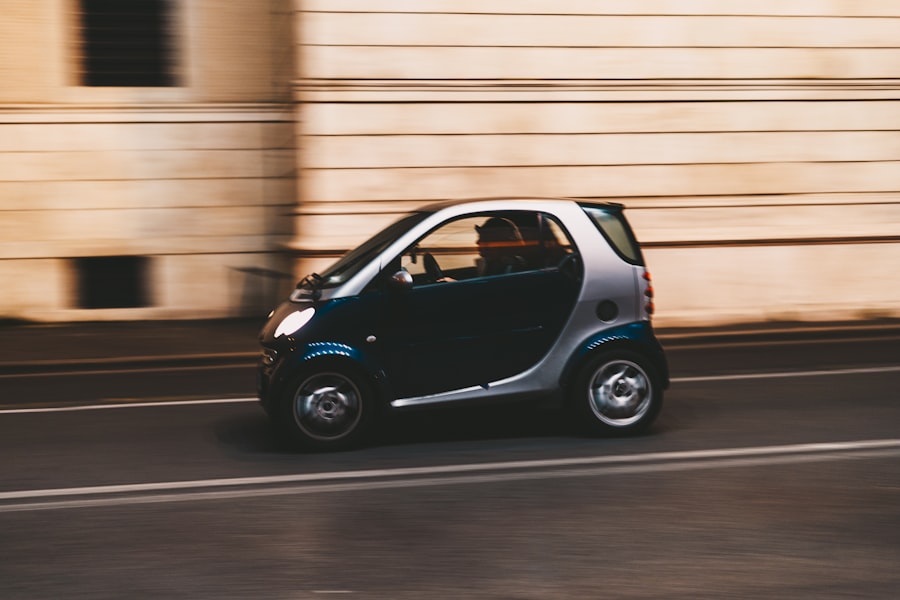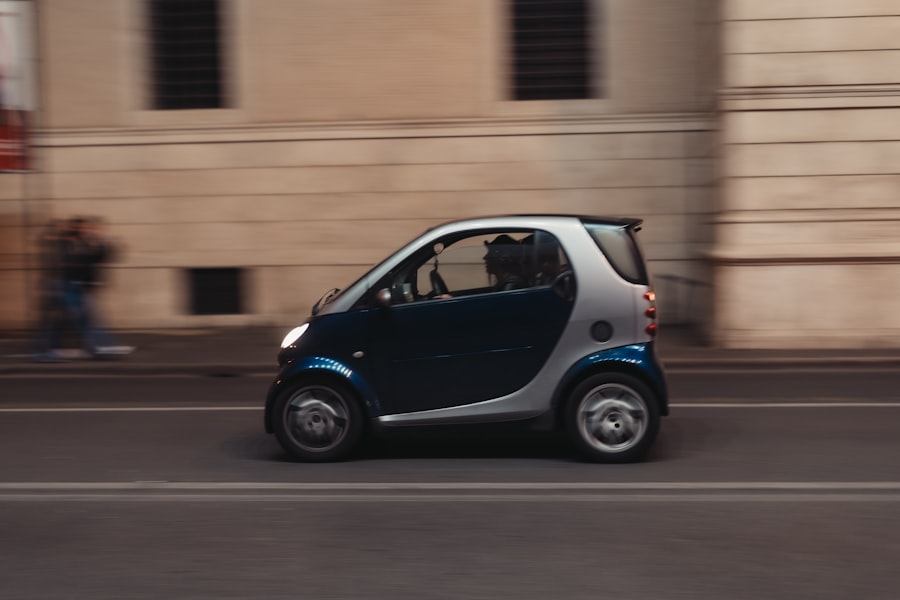Raccoons are intelligent and dexterous animals known for their ability to cause problems for chicken owners. As nocturnal omnivores, they readily prey on chickens when the opportunity arises. Their sharp claws and teeth enable them to break into coops and harm birds.
Raccoons can also carry diseases like rabies and distemper, posing risks to both chickens and humans. Understanding these threats is essential for implementing effective protective measures. Raccoons are excellent climbers, capable of scaling fences and walls to access chicken coops.
They can manipulate simple locks and latches, necessitating robust security measures. Their persistence in seeking food sources means they may repeatedly attempt to enter coops. The significant threat raccoons pose to chickens requires proactive steps to ensure the flock’s safety and well-being.
Table of Contents
- 1 Securing the coop: Implementing effective barriers and fortifications to keep raccoons out
- 2 Removing attractants: Eliminating food sources and potential nesting areas that may draw raccoons to your property
- 3 Using deterrents: Exploring non-lethal methods to discourage raccoons from approaching your chickens
- 4 Monitoring and maintenance: Regular checks and upkeep to ensure the security of your chicken coop
- 5 Seeking professional help: When to call in experts for assistance in dealing with raccoon infestations
- 6 Being proactive: Establishing a long-term plan to prevent future raccoon encounters and protect your chickens
- 7 FAQs
Key Takeaways
- Raccoons pose a threat to chickens by preying on them, stealing their eggs, and potentially spreading diseases.
- Effective barriers such as hardware cloth, secure latches, and predator-proof fencing can help secure the coop and keep raccoons out.
- Eliminate food sources and potential nesting areas by securing trash cans, removing fallen fruits, and keeping the area around the coop clean.
- Non-lethal deterrents like motion-activated lights, sprinklers, and predator urine can discourage raccoons from approaching the chickens.
- Regular checks and upkeep of the coop, including repairing any damage and reinforcing security measures, are essential for protecting the chickens from raccoons.
- Call in experts for assistance if raccoon infestations become unmanageable or if you need help with implementing more advanced security measures.
- Establish a long-term plan that includes ongoing maintenance, regular inspections, and continuous improvement of security measures to prevent future raccoon encounters and protect your chickens.
Securing the coop: Implementing effective barriers and fortifications to keep raccoons out
Inspect and Fortify the Coop
To safeguard your chickens from raccoon attacks, it is essential to reinforce your coop with effective barriers and fortifications. Begin by inspecting the perimeter of the coop for any potential entry points, such as gaps in the fencing or weak spots in the structure. Use heavy-duty hardware cloth or welded wire mesh to reinforce the walls and windows of the coop, ensuring that there are no openings large enough for raccoons to squeeze through.
Install Additional Barriers and Locks
Additionally, consider installing a predator apron around the base of the coop, which is a wire mesh barrier buried several inches into the ground to prevent digging. In addition to physical barriers, it is crucial to secure all entry points with sturdy locks and latches that raccoons cannot easily manipulate. Consider using padlocks or carabiners to secure doors and windows, as well as adding additional locking mechanisms such as barrel bolts or slide bolts for extra security.
Remove Potential Access Points
It is also advisable to trim any overhanging tree branches or vegetation near the coop, as raccoons can use these as a bridge to access the roof or upper levels of the structure.
By implementing these measures, you can significantly reduce the risk of raccoon attacks on your chickens and create a secure environment for your flock.
Removing attractants: Eliminating food sources and potential nesting areas that may draw raccoons to your property

Raccoons are attracted to properties where they can find easy access to food and shelter, making it essential to remove any potential attractants that may draw them to your property. Start by securing all garbage cans with tight-fitting lids to prevent raccoons from scavenging for food waste. It is also important to remove any fallen fruits or vegetables from your yard, as these can attract raccoons looking for a meal.
Additionally, avoid leaving pet food outside, as this can also entice raccoons to your property. Furthermore, it is important to eliminate any potential nesting areas that may attract raccoons to your property. This includes sealing off crawl spaces under decks or porches, as well as securing sheds and outbuildings where raccoons may seek shelter.
By removing these potential attractants, you can reduce the likelihood of raccoons taking up residence on your property and posing a threat to your chickens.
Using deterrents: Exploring non-lethal methods to discourage raccoons from approaching your chickens
In addition to physical barriers and removing attractants, there are various non-lethal deterrents that can be used to discourage raccoons from approaching your chickens. One effective method is the use of motion-activated lights and sound devices, which can startle raccoons and deter them from entering your property. Additionally, sprinkler systems equipped with motion sensors can be used to spray water at raccoons when they approach the coop, creating an unpleasant experience that will discourage them from returning.
Another non-lethal deterrent is the use of strong scents that raccoons find unpleasant, such as ammonia or predator urine. These scents can be applied around the perimeter of the coop or in areas where raccoons are known to frequent, creating a barrier that will deter them from approaching. It is important to regularly reapply these scents, especially after rain or heavy winds, to ensure their effectiveness.
Monitoring and maintenance: Regular checks and upkeep to ensure the security of your chicken coop
Regular monitoring and maintenance of your chicken coop are essential to ensure its security against raccoon threats. Conduct routine inspections of the coop and its surroundings to check for any signs of damage or potential entry points that may have been compromised. This includes checking for loose or damaged fencing, weak spots in the structure, and any new signs of raccoon activity such as tracks or droppings.
In addition to physical inspections, it is important to maintain any deterrents or fortifications that have been put in place to keep raccoons at bay. This includes ensuring that motion-activated devices are functioning properly, replenishing scents or repellents as needed, and keeping locks and latches in good working condition. By staying vigilant and proactive in monitoring and maintaining your chicken coop, you can effectively prevent raccoon attacks and protect your flock.
Seeking professional help: When to call in experts for assistance in dealing with raccoon infestations

Expert Assessment and Recommendations
Wildlife control experts can conduct a thorough assessment of your property to identify potential entry points and nesting areas for raccoons, as well as provide recommendations for fortifying your coop against future threats.
Safe and Humane Removal
These professionals can also assist in safely trapping and relocating raccoons away from your property, ensuring that they do not return to pose a threat to your chickens.
Long-term Solutions and Protection
By enlisting the help of professionals, you can effectively address raccoon infestations and protect your flock from harm. They can implement long-term solutions to prevent future infestations, giving you peace of mind and ensuring the safety of your chickens.
Being proactive: Establishing a long-term plan to prevent future raccoon encounters and protect your chickens
Finally, it is important to establish a long-term plan for preventing future raccoon encounters and protecting your chickens. This includes maintaining regular upkeep of your coop’s fortifications and deterrents, as well as staying vigilant for any signs of raccoon activity on your property. Consider implementing additional measures such as installing motion-activated cameras around the coop to monitor for potential threats, as well as enlisting the help of guard animals such as dogs or geese to deter raccoons from approaching.
It is also important to stay informed about local wildlife regulations and best practices for coexisting with wildlife in your area. By understanding the habits and behaviors of raccoons, you can better anticipate potential threats and take proactive steps to protect your chickens. Additionally, consider joining local poultry or farming communities to share knowledge and experiences with other chicken owners, as well as stay updated on effective strategies for preventing raccoon encounters.
In conclusion, protecting your chickens from raccoon threats requires a multi-faceted approach that includes securing the coop with effective barriers and fortifications, removing attractants that may draw raccoons to your property, using non-lethal deterrents to discourage their approach, monitoring and maintaining the security of the coop, seeking professional help when needed, and establishing a long-term plan for preventing future encounters. By taking proactive steps to protect your flock, you can create a safe and secure environment for your chickens to thrive.
If you’re looking for ways to keep raccoons away from your chickens, you may also be interested in learning about the importance of the size of your chicken coop door. A properly sized door can help prevent predators like raccoons from gaining access to your chickens. Check out this article on chicken coop door size to ensure your coop is secure and your chickens are safe.
FAQs
What are some effective ways to keep raccoons away from your chickens?
Some effective ways to keep raccoons away from your chickens include securing the chicken coop with strong locks, using motion-activated lights or sprinklers, and installing an electric fence around the coop.
Why are raccoons a threat to chickens?
Raccoons are a threat to chickens because they are skilled predators and can easily break into chicken coops to prey on the birds. They are also known to carry diseases that can be harmful to chickens.
Are there any natural deterrents for keeping raccoons away from chickens?
Some natural deterrents for keeping raccoons away from chickens include using strong-smelling substances like ammonia or predator urine around the coop, as well as planting thorny bushes or using prickly plants to create a barrier.
What should you do if you suspect raccoons are targeting your chickens?
If you suspect raccoons are targeting your chickens, it’s important to take immediate action to secure the chicken coop and remove any potential food sources that may be attracting the raccoons. You may also consider contacting a professional wildlife removal service for assistance.
Meet Walter, the feathered-friend fanatic of Florida! Nestled in the sunshine state, Walter struts through life with his feathered companions, clucking his way to happiness. With a coop that’s fancier than a five-star hotel, he’s the Don Juan of the chicken world. When he’s not teaching his hens to do the cha-cha, you’ll find him in a heated debate with his prized rooster, Sir Clucks-a-Lot. Walter’s poultry passion is no yolk; he’s the sunny-side-up guy you never knew you needed in your flock of friends!







